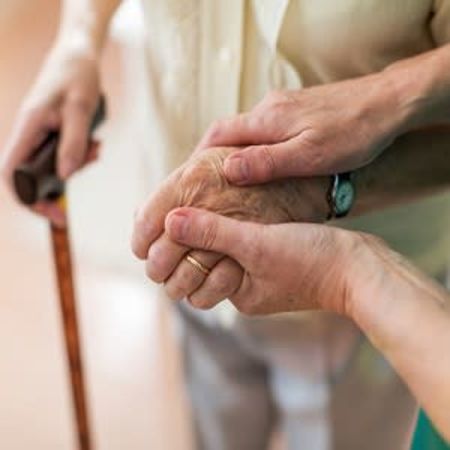An interdisciplinary research team at the University of Bern and Inselspital, Bern University Hospital, has demonstrated a promising new method using remote sensors to detect health problems in the elderly population.
The deployed system is made up of contactless motion sensors that were placed in the homes of elderly study participants. The system includes passive infrared motion sensors used to capture movement in any room, contact door sensors used to signal when a person leaves or enters a home, pressure sensors on or under the bed to gather sleep measures, and depth sensing cameras used to detect falls.
These large-scale sensors record and analyse the participants’ movement patterns. Any changes in their patterns may indicate a health problem. For example, a reduction in strength can indicate sleep problems, depression, or respiratory issues.
Monitoring these changes over a period of time helps to identify those with age-related diseases such as dementia, Parkinson's disease, or heart disease.
In addition, the system is efficient for identifying health emergencies. For instance, when a person does not return to bed in the evening, it is identified as a serious problem, and the system can either inform relatives or an alarm centre.
Postdoctoral researcher Dr Narayan Schütz explained how they “used non-contact sensors at home to create an extensive collection of digital measures that capture broad parts of daily life, behaviour and physiology, in order to identify health risks of older people at an early stage.”
Collecting a vast amount of health data on a daily basis allows researchers to identify new aging-relevant digital biomarkers. For instance, fall risk was discovered to be associated with physical activity, but it also depended on certain sleep parameters.
In addition, the deployed sensors comply with privacy and data protection standards. Their installation is totally voluntary, and to ensure privacy, the sensors do not record sound or video.
A sensor system makes a huge contribution in the early detection of ill-health among the elderly. Firstly, it means treatment can be more readily available. Secondly, this enables them to live at home for longer, preventing admission to hospitals or nursing homes.
Source: University of Bern
Image Credit: iStock
References:
Schütz N et al. (2022) A systems approach towards remote health-monitoring in older adults: Introducing a zero-interaction digital exhaust. npj Digital Medicine. 5(1).



























